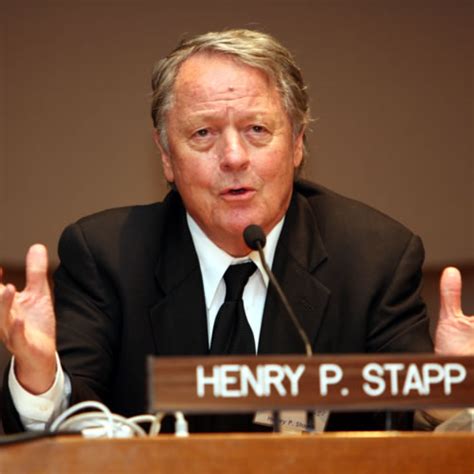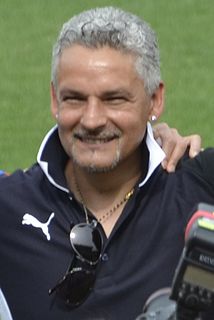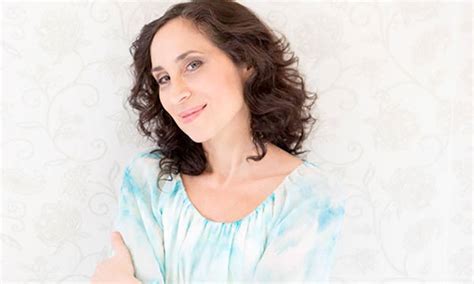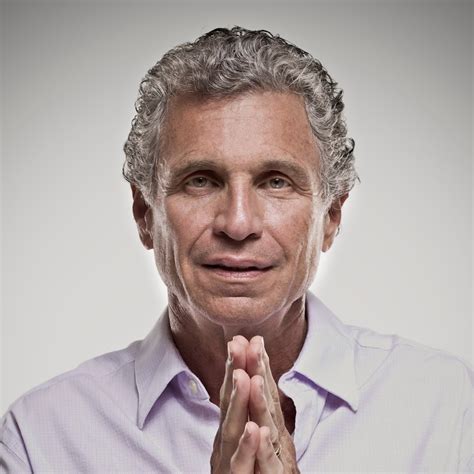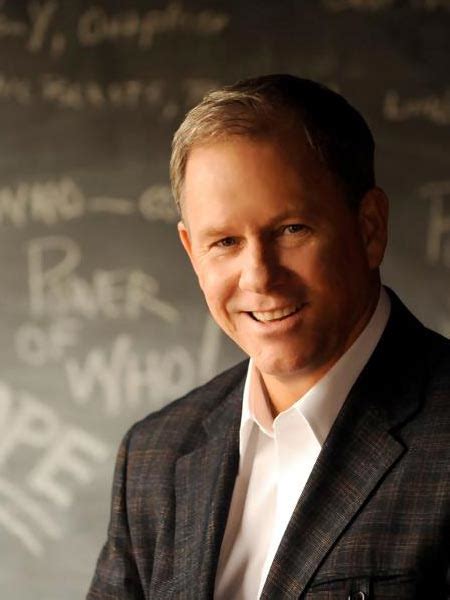A Quote by Tony Robbins
Our beliefs are like the unquestioned commands, telling us how things are, what's possible and what's impossible, what we can and can not do.
Related Quotes
If you raise your standards but don't really believe you can meet them, you've already sabotaged yourself. You won't even try; you'll be lacking the sense of certainty that allows you to tap the deepest capacity that's within you... Our beliefs are like unquestioned commands, telling us how things are, what's possible and impossible and what we can and can not do. They shape every action, every thought and every feeling that we experience. As a result, changing our belief systems is central to making any real and lasting change in our lives.
Those who make us believe that anything’s possible and fire our imagination over the long haul, are often the ones who have survived the bleakest of circumstances. The men and women who have every reason to despair, but don’t, may have the most to teach us, not only about how to hold true to our beliefs, but about how such a life can bring about seemingly impossible social change.
Our beliefs about ourselves in relation to the world around us are the roots of our values, and our values determine not only our immediate actions, but also, over the course of time, the form of our society. Our beliefs are increasingly determined by science. Hence it is at least conceivable that what science has been telling us for three hundred years about man and his place in nature could be playing by now an important role in our lives.
If you can do one thing you thought was utterly impossible, it causes you to rethink your beliefs. Life is both subtler and more complex than some of us like to believe. So if you haven't done so already, review your beliefs and decide which ones you might change now and what you would change those beliefs to.
At the core of One Spirit Medicine is the idea that how we perceive the world 'out there' is a projection of internal maps that shape our beliefs and guide how we think, feel and behave. These maps are the unconscious programs that drive our experience of life and the state of our health. The key to optimum health is to upgrade these unconscious maps and limiting beliefs that have been driving us to a toxic lifestyle and relationships.
Though we are commanded to 'wash ourselves', to 'cleanse ourselves from sins', to 'purge ourselves from all our iniquities', yet to imagine that we can do these things by our own efforts is to trample on the cross and grace of Jesus Christ. Whatever God works in us by his grace, he commands us to do as our duty. God works all in us and by us.
If we don't accept the uncomfortable proposition that every perpetrator of virtually every act of evil in our history has been a human being like us, then we actually foreclose the possibility of understanding how we do this to one another and therefore make it impossible to figure out how we might prevent these things.
The lesson, I suppose, is that none of us have much control over how we will be remembered. Every life is an amalgam, and it is impossible to know what moments, what foibles, what charms will come to define us once we're gone. All we can do is live our lives fully, be authentically ourselves and trust that the right things about us, the best and most fitting things, will echo in the memories of us that endure.


